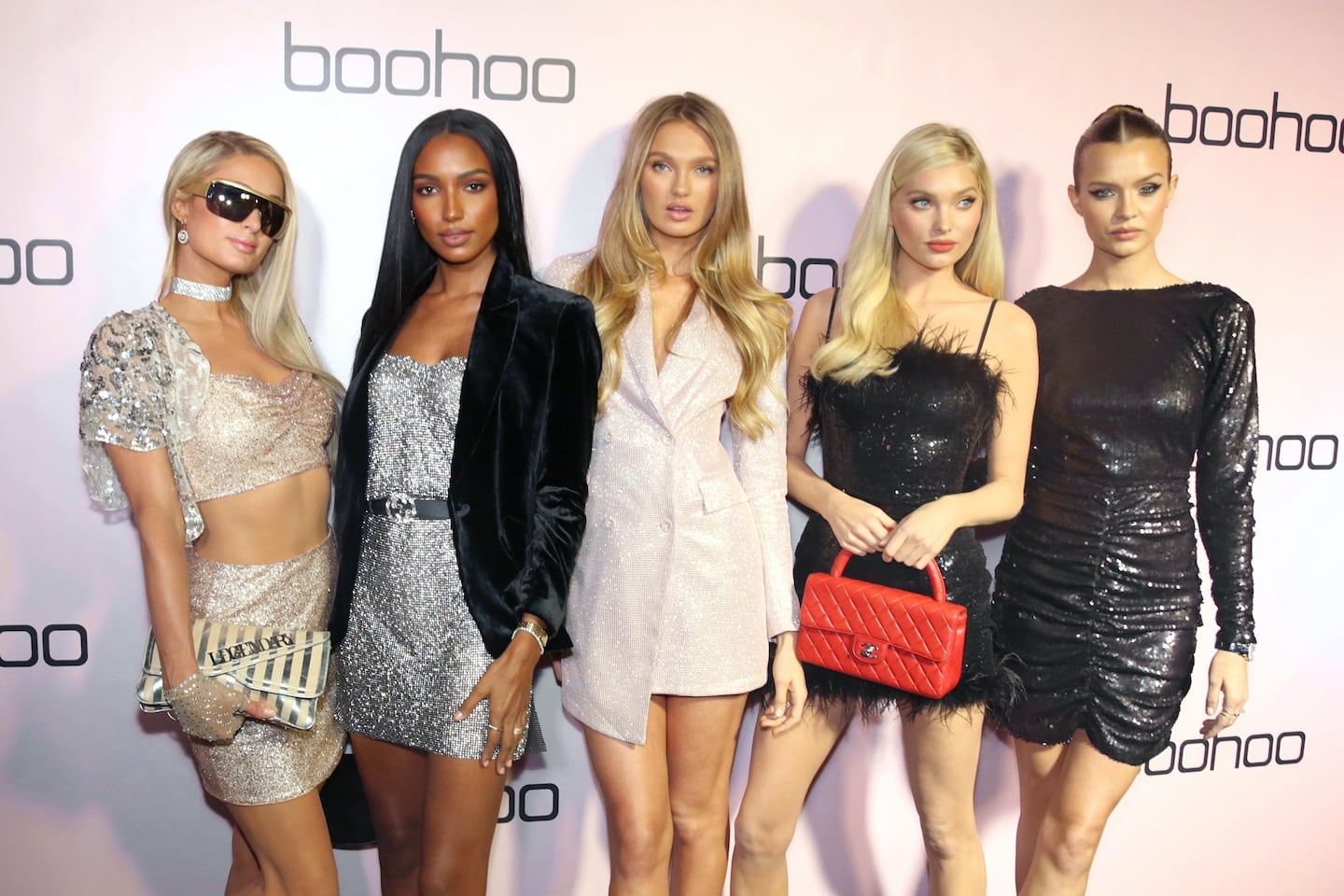
The Business of Fashion
Agenda-setting intelligence, analysis and advice for the global fashion community.

Agenda-setting intelligence, analysis and advice for the global fashion community.

MANCHESTER, United Kingdom — Boohoo Group Plc said it suspended business with some suppliers following reports that clothing sold by the online retailer may be made in factories paying less than minimum wage.
Shares of the clothier fell as much as 17 percent in afternoon trading in London after the Guardian cited auditors' findings that more than a dozen UK suppliers may be paying substandard wages. The newspaper said at least 18 businesses, eight of which denied some or all of the claims, couldn't prove they were compliant.
The company’s own investigations “have highlighted similar issues” at an unspecified number of factories, a Boohoo spokesman said in a statement, and the company has suspended business with those firms.
Boohoo, which owns the Nasty Gal label, said it's sharing its findings with organisations such as Slave Free Alliance to ensure workers are treated fairly and paid appropriately. In July, an investigation by the Sunday Times found workers supplying clothes to Boohoo were being paid an hourly wage of as little as £3.50 ($4.70).
By Thomas Buckley
As the German sportswear giant taps surging demand for its Samba and Gazelle sneakers, it’s also taking steps to spread its bets ahead of peak interest.
A profitable, multi-trillion dollar fashion industry populated with brands that generate minimal economic and environmental waste is within our reach, argues Lawrence Lenihan.
RFID technology has made self-checkout far more efficient than traditional scanning kiosks at retailers like Zara and Uniqlo, but the industry at large hesitates to fully embrace the innovation over concerns of theft and customer engagement.
The company has continued to struggle with growing “at scale” and issued a warning in February that revenue may not start increasing again until the fourth quarter.